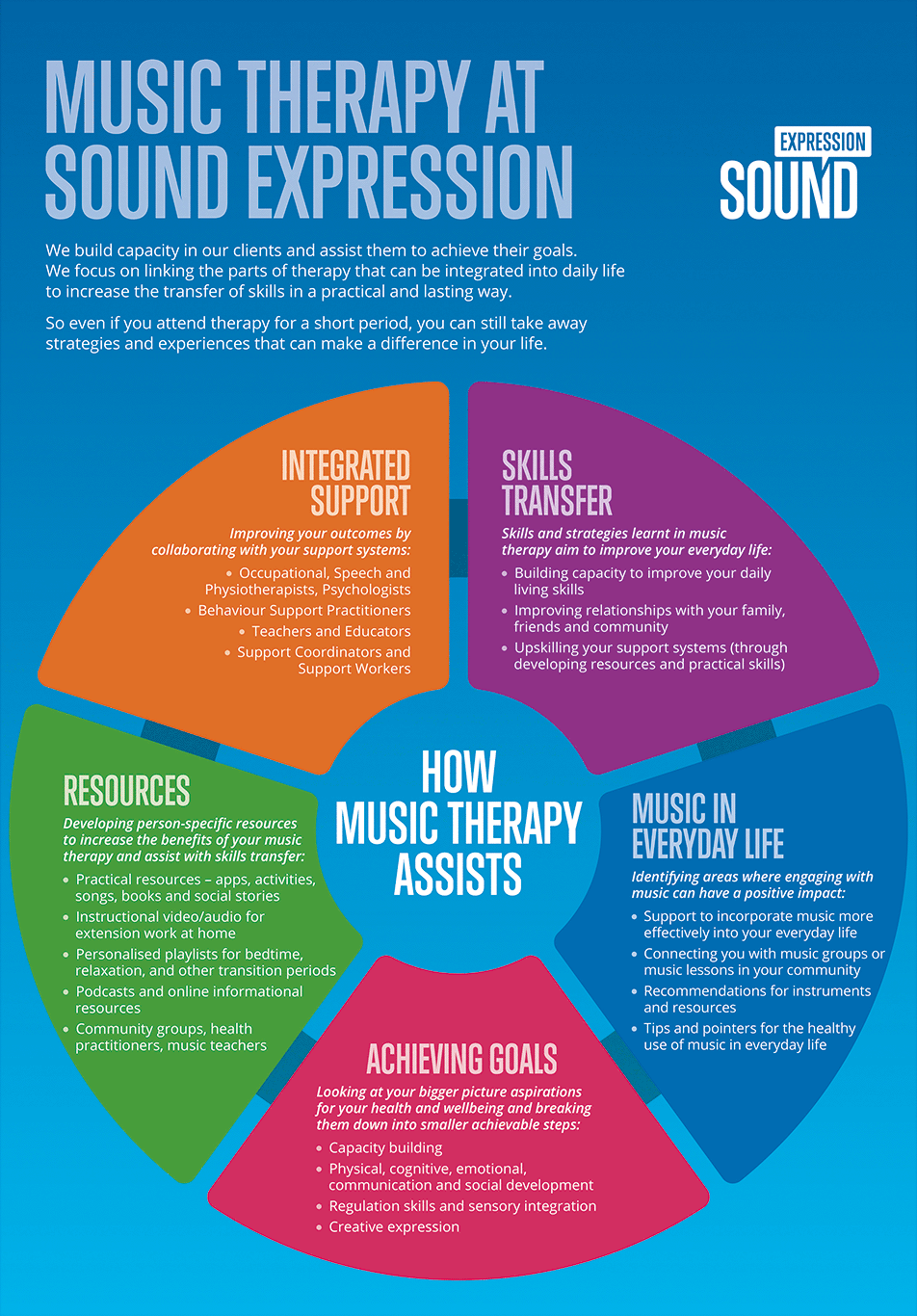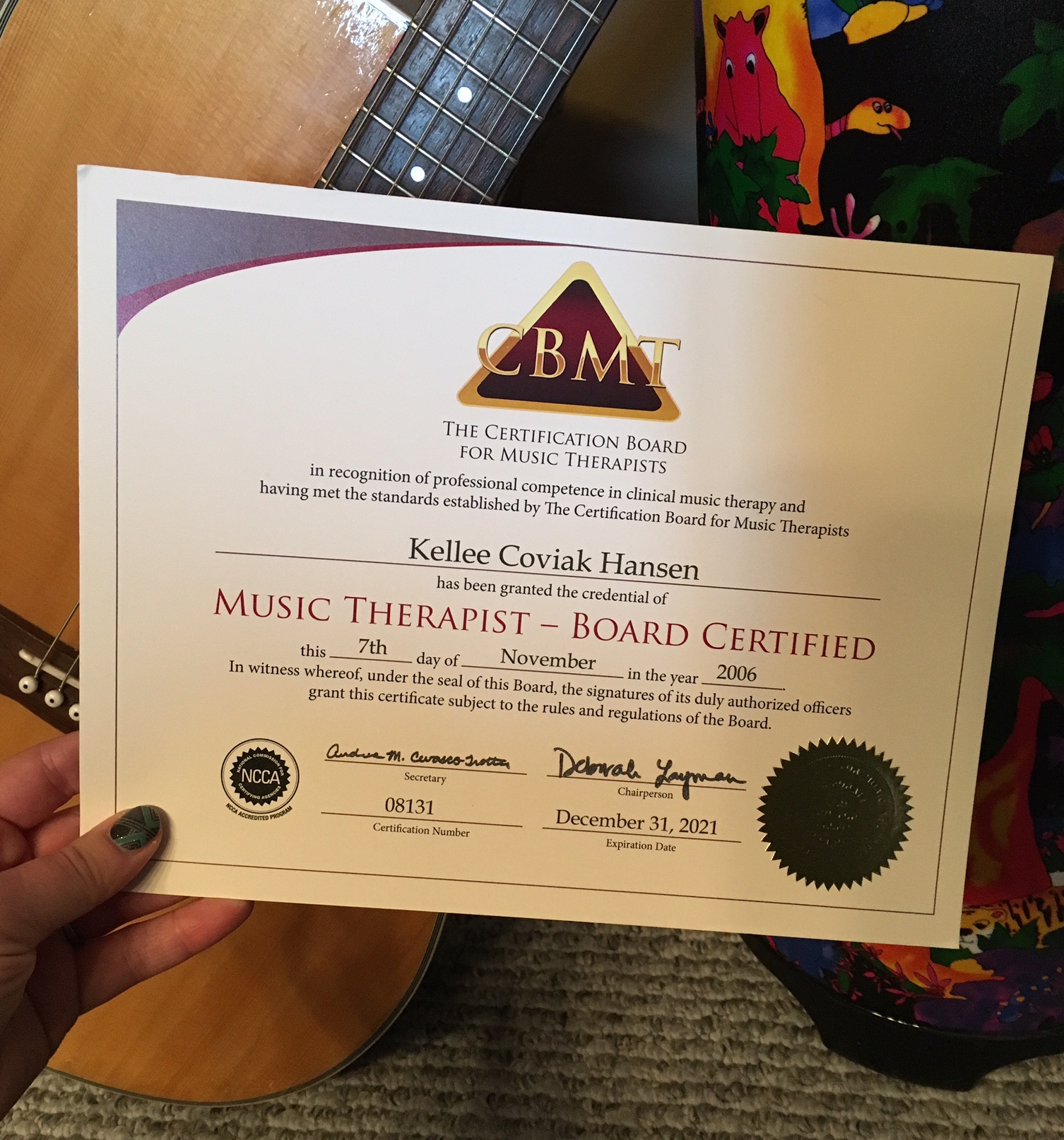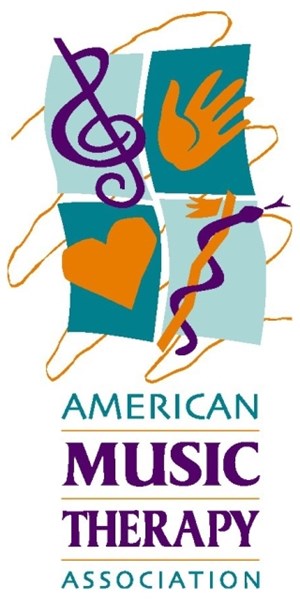Music Therapy Presentation
| Introduction to Music Therapy | ||
|---|---|---|
| Music therapy is a specialized field that uses music to address physical, emotional, cognitive, and social needs of individuals. It is a evidence-based practice that involves a trained music therapist using music interventions to achieve therapeutic goals. Music therapy can benefit people of all ages and can be used in a variety of settings including hospitals, schools, and rehabilitation centers. | ||
| 1 | ||
| Benefits of Music Therapy | ||
|---|---|---|
| Music therapy can help reduce stress and anxiety by promoting relaxation and providing an outlet for self-expression. It can improve motor skills and coordination through rhythmic exercises and playing instruments. Music therapy has been shown to enhance cognitive abilities such as attention, memory, and problem-solving skills. | ||
| 2 | ||
| Applications of Music Therapy | ||
|---|---|---|
| In healthcare settings, music therapy can assist in pain management, boost mood, and aid in the recovery process. It is used in special education to support learning and development in children with disabilities. Music therapy is effective in treating mental health issues such as depression, trauma, and substance abuse. | ||
| 3 | ||
| Music Therapy Techniques | ||
|---|---|---|
| Active music making: Clients actively participate in playing instruments, singing, or movement to engage in the therapeutic process. Receptive music listening: Clients listen to carefully selected music to stimulate emotional responses and promote relaxation. Songwriting and lyric analysis: Clients write and analyze lyrics to express emotions, gain insight, and promote self-reflection. | ||
| 4 | ||
| Music Therapy in Dementia Care | ||
|---|---|---|
| Music therapy has shown to improve cognitive function, reduce agitation, and enhance social interaction in individuals with dementia. Familiar music from the past can evoke memories and provide a sense of comfort and identity. Singing and playing instruments can engage individuals with dementia in meaningful and enjoyable activities. | ||
| 5 | ||
| Music Therapy with Autism Spectrum Disorder (ASD) | ||
|---|---|---|
| Music therapy can help individuals with ASD improve communication skills, social interaction, and self-expression. Rhythmic patterns and predictable structures in music can provide a sense of stability and promote relaxation. Music therapy sessions can be tailored to the specific needs and interests of individuals with ASD. | ||
| 6 | ||
| Music Therapy in Palliative Care | ||
|---|---|---|
| Music therapy can provide comfort, emotional support, and pain management for individuals in palliative care. It can help reduce anxiety and depression, enhance quality of life, and provide a means of self-expression. Live music performances and music listening can create a soothing and peaceful environment. | ||
| 7 | ||
| Training and Certification | ||
|---|---|---|
| Music therapists must have a bachelor's or master's degree in music therapy from an accredited institution. They must complete a clinical internship and pass the certification exam administered by the Certification Board for Music Therapists (CBMT). Continuing education and supervision is required to maintain certification. | ||
| 8 | ||
| Research and Evidence | ||
|---|---|---|
| Numerous research studies have demonstrated significant positive outcomes of music therapy interventions. Research supports the use of music therapy in various clinical populations, including children, adults, and older adults. The field of music therapy continues to grow, with ongoing research exploring new applications and therapeutic techniques. | ||
| 9 | ||
| Resources and Organizations | ||
|---|---|---|
| American Music Therapy Association (AMTA) - www.musictherapy.org Certification Board for Music Therapists (CBMT) - www.cbmt.org World Federation of Music Therapy (WFMT) - www.wfmt.info | ||
| 10 | ||
| References (download PPTX file for details) | ||
|---|---|---|
| American Music Therapy Association (AMTA). (n... Certification Board for Music Therapists (CBM... World Federation of Music Therapy (WFMT). (n.... |  | |
| 11 | ||








